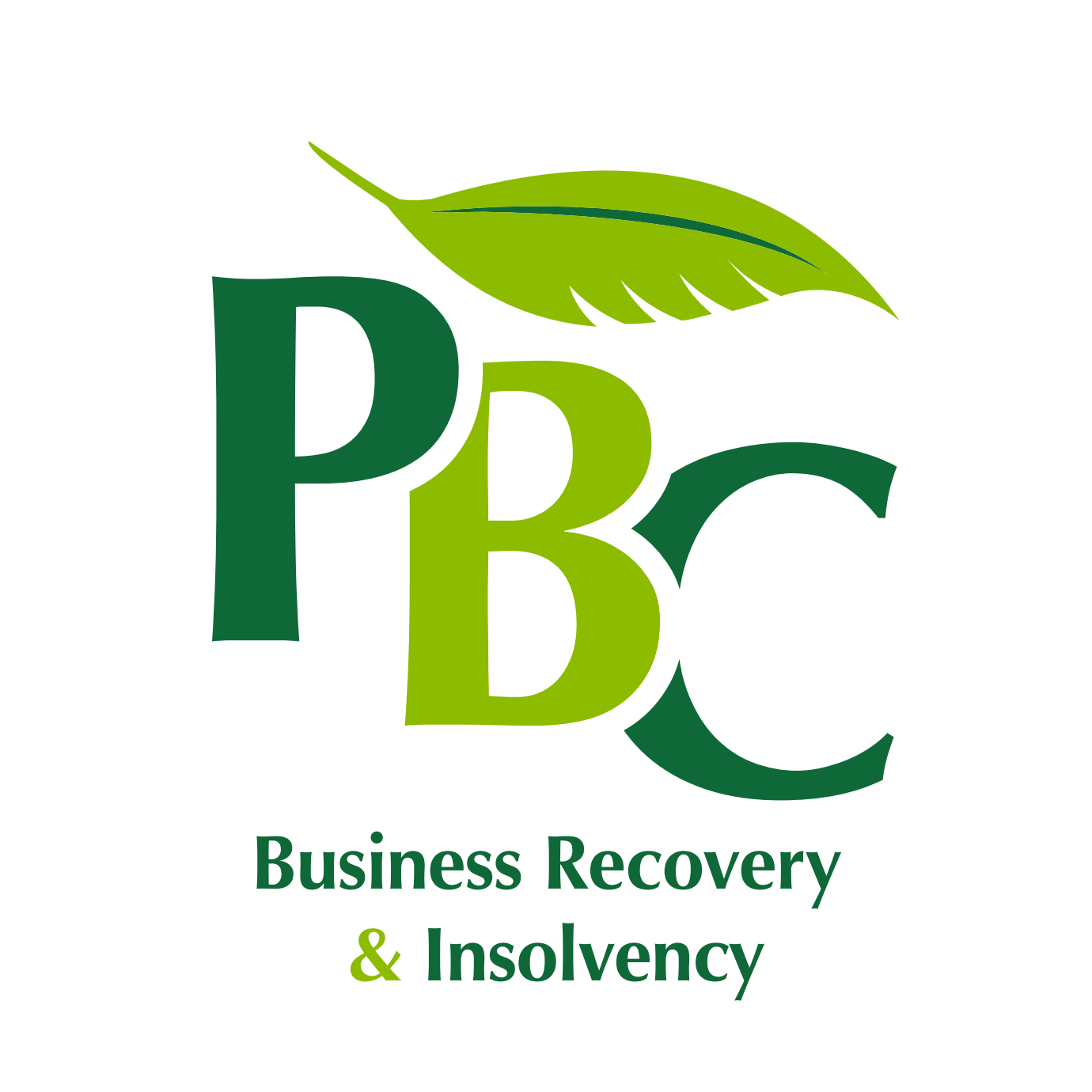 As a service provider or supplier, what is your first reaction when you hear your customer is entering into an insolvency process? Anger, frustration, can I recover items supplied or, how do we make good the financial hole that bad debt will create?
As a service provider or supplier, what is your first reaction when you hear your customer is entering into an insolvency process? Anger, frustration, can I recover items supplied or, how do we make good the financial hole that bad debt will create?
It is an emotional event but, what if you were told your termination clause is no longer enforceable or you must continue to supply the insolvent customer?
On 4 June the Corporate Insolvency and Governance Bill (“The Bill”) received its second reading in Parliament and it is envisaged to become law by the end of June. It will introduce some temporary provisions (to cover the COVID-19 lockdown) that will have retrospective effect and some permanent law, which is the focus of this editorial.
So, let us explore the four key provisions that are all aimed and restructuring and rescuing a company:
Restructuring scheme
This appears to modernise the current scheme of arrangement available under the Companies Act. It is most likely a tool used for complex debt restructuring where there are several classes of creditors. For example, a retail chain where there are suppliers, employees, landlords and financial institutions that are likely to be affected in differing ways.
The big reliance of this scheme is, what has been referred to as “Cross-class clam down”. Try saying that quickly! What this means is classes of creditors may out vote a dissenting class of creditor, provided the dissenting class of creditor will not be worse off than if an alternative insolvency procedure was used. This does represent a shift in the balance of power in creditor voting
Moratorium
This is the largest part of the Bill and sets out a new provision designed to give an “Eligible company” the opportunity of a short holiday from creditors while it looks at ways to restructure its business.
Where a company is not subject to any insolvency proceedings the directors can file an application at court for a moratorium, without any notice to creditors. The moratorium comes into force immediately upon the application being filed at court.
So, what does this mean? A moratorium has very similar effects to administration whereby creditors cannot enforce any security held, landlords may not exercise their right of forfeiture or peaceable re-entry and any legal processes may not be commenced or continued.
The initial period will be 20 business days (this maybe increased to 30 business days for “Small companies”). The directors may extend it for a further 20 business days, or with creditor consent it can be extended for up to 12 months.
While it needs an insolvency practitioner involved (to be called, “The Monitor”) their position is generally to monitor the company during this period, primarily based upon information provided by the directors. It is envisaged a moratorium will be used as a form of protection while the company considers and/or proposes to enter into a company voluntary arrangement, although it could result in the outcome looking more terminal whereby liquidation may be the outcome.
Any supplier who supplies the company during the moratorium period must be paid (or payment provided for) otherwise the moratorium should be terminated. Once terminated, any unpaid post moratorium creditors will enjoy a “Super priority” in the subsequent insolvency procedure. However, that could be small consolation if there are no distributable assets!
Ipso facto clauses
Okay, most of us will ask what that means and does it apply to me? In English, this is a clause within your terms and conditions of trade that state the contract shall terminate upon the customer entering into any form of insolvency.
A new section 233B is being inserted into the Insolvency Act whereby such termination clauses shall be considered void and no longer be enforceable.
Continuation of supply
The Insolvency (Protection of Essential Supplies) Order 2015 already prohibits suppliers from refusing to supply an insolvent company and/or seeking to vary the terms as a condition of continued supply.
However, the Bill takes this further and makes it clear it is unlawful to hold out for ransom payments (ie demanding pre-insolvency debts are paid as a condition of supply). This could cause some practical difficulties, including if you have credit insurance, yet pre-insolvency you had reached the credit limit with the insolvent company. The only protection it appears you have is being told your post insolvency debt shall be paid as an expense of the moratorium period or, failing that, holds “Super priority” in the subsequent insolvency. Small comfort, I would suggest.
The key message for suppliers is to keep track of your customers (in terms of the warning signs leading to failure) and ensure they stay within credit limits you feel comfortable providing.
Should you have an insolvency-related issue or a corporate dispute then please contact Gary Pettit at PBC Business Recovery & Insolvency on (01604) 212150 (Northampton office) or (01234) 834886 (Bedford office). Alternatively, you may send an email to garypettit@pbcbusinessrecovery.co.uk or access our website at www.pbcbusinessrecovery.co.uk






